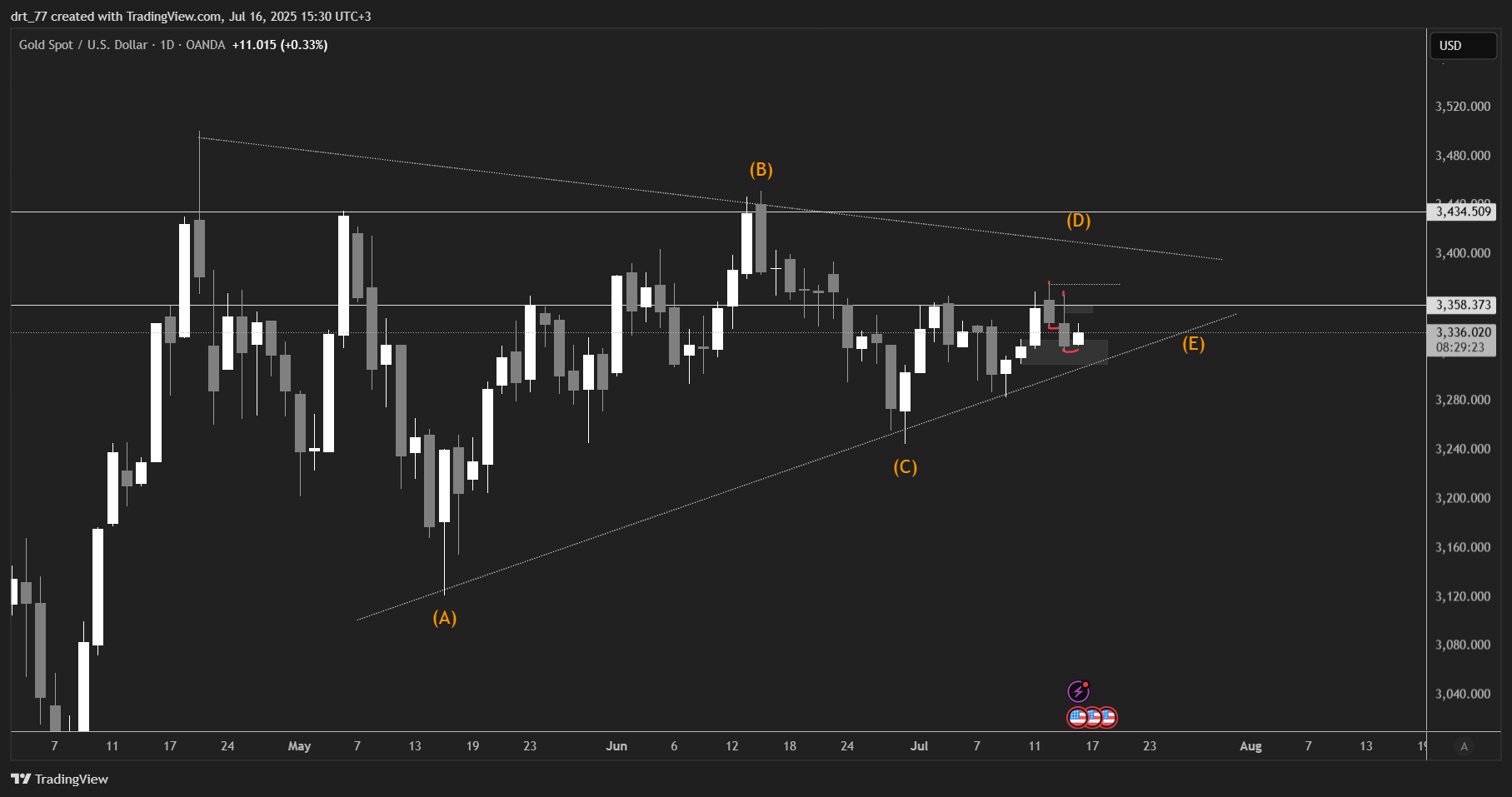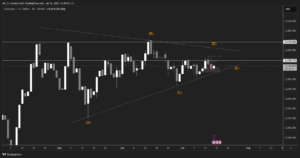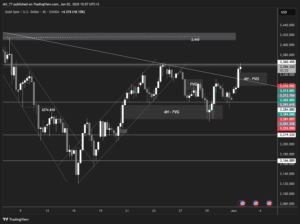Who would want to be Germany right now? I mean, really can you think of any other country in Europe with so many things on its mind?
Germany has found itself at a crossroads, grappling with a perfect storm of economic contraction, geopolitical shifts, and an upcoming general election that could redefine the country’s political landscape. With so much uncertainty looming, investors are left wondering: What does all this mean for the euro?
Tariff Tensions and an Ailing Economy
The German economy is faltering. After a 0.3% contraction in 2023, GDP shrank by another 0.2% in 2024, placing Europe’s largest economy in a precarious position. High energy costs, aggressive central bank policies, and increased global competition have stifled growth, leaving businesses and investors uneasy.
But the bigger concern is the looming threat of new U.S. tariffs. With trade tensions mounting, Germany’s export-heavy economy is at risk of further decline. If tariffs materialize, they could dampen industrial output and consumer confidence, triggering a further devaluation of the euro as capital flows toward safer assets.
Defense Spending: Stimulus or Liability?
As if economic woes weren’t enough, Germany is also preparing for a major shift in defense policy. In response to rising geopolitical threats, Berlin is considering an increase in defense spending to 3.5% of GDP an eye-watering €70 billion per year. While defense contractors might cheer, the move raises a key question: How will Germany pay for it?
Currently, the constitutional “debt brake” restricts excessive borrowing, meaning that ramping up military spending could require tax hikes or severe budget restructuring. Markets will be watching closely if investors sense fiscal instability, bond yields could rise, and the euro could take a hit as confidence wanes.
Political Uncertainty and the Euro’s Fragility
With Germany heading to the polls on February 23, the country’s political future remains uncertain. The ruling coalition faces an uphill battle, with the conservative CDU/CSU bloc gaining momentum. Meanwhile, the far-right Alternative für Deutschland (AfD) continues to stir controversy, adding to the unpredictability.
A fragmented parliament or prolonged coalition negotiations could delay economic reforms and spook investors. And markets hate uncertainty. If the election outcome signals political instability, expect the euro to remain volatile as traders digest the potential for policy paralysis.
Market Reactions: What to Expect
We’re already seeing the impact. European defense stocks have surged on speculation of higher military spending, while German bond yields have inched higher as investors price in fiscal risks. The euro itself has been choppy, retreating in recent sessions as uncertainty grows.
So, where does that leave traders? If tariffs become a reality, if defense spending rattles fiscal policy, or if election results trigger political deadlock, the euro could face sustained pressure. On the flip side, a market-friendly election outcome coupled with a clear economic strategy could offer some much-needed stability.
For now, all eyes are on Berlin. With so many moving pieces, one thing is certain: the euro’s fate is tightly bound to Germany’s next moves.
By James Trescothick
Head of Market Research and Market Analysis
Risk Disclaimer: This information is for educational purposes only and does not constitute investment advice. Financial markets involve risks, and past performance is not indicative of future results. Always conduct your own research and seek professional advice before making investment decisions.





